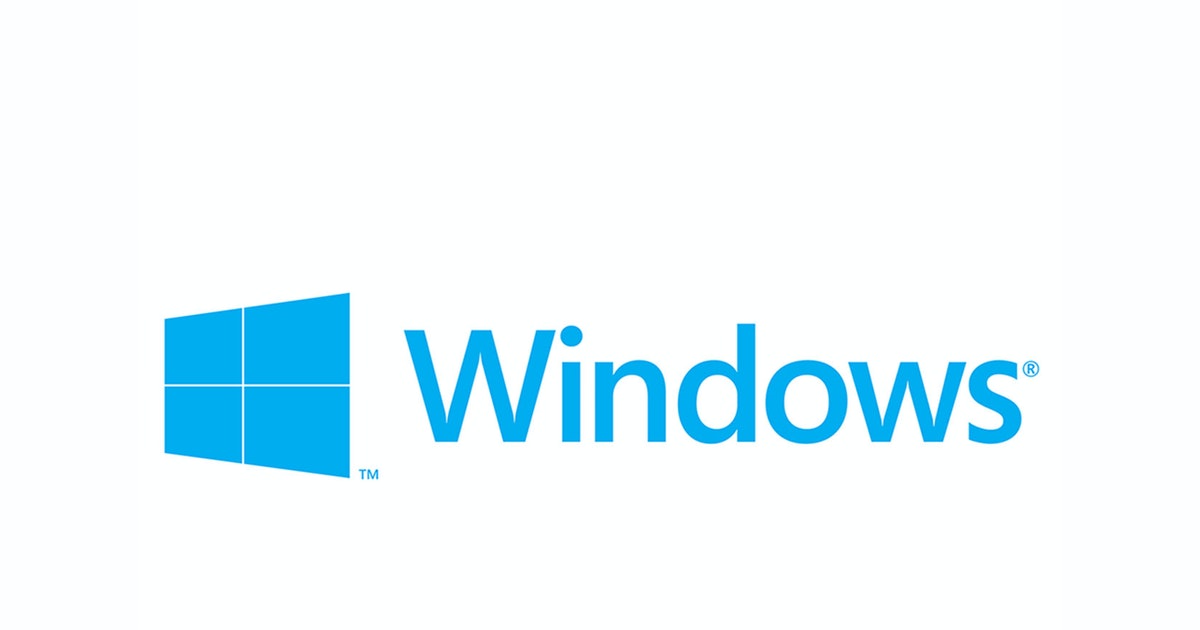When getting into a lease contract deal in Nevada, whether being a landlord or a tenant, knowing the fundamentals is vital. Here’s a thorough self-help guide to everything you need to find out about lease agreement Nevada:
1. Kinds of Lease contract Agreements:
Set-Word Lease: This type of lease contract specifies an absolute commence and finish time. It offers steadiness both for parties, as the terminology and rent payments stay unchanged throughout the lease time period.
Calendar month-to-Four weeks Rent: Contrary to a set-phrase lease contract, monthly-to-four weeks lease automatically renews at the end of each month unless terminated by either bash. This offers flexibility but can lead to recurrent lease changes.
Business Lease: For renting industrial properties for example office buildings or store spots, a professional lease is used. These leases frequently have diverse conditions and terms when compared with home leases.
2. Important Elements of a Lease contract Deal:
Labels of Parties: The full titles of the two landlord and tenant(s) should be provided.
Property Information: A complete explanation of the leased property, which include its street address as well as any particular places within the lease contract.
Term of Rent: Evidently express the time of the rent, no matter if it’s a fixed expression or four weeks-to-calendar month.
Rent Specifics: Summarize the volume of hire, due time, suitable transaction methods, as well as any later fees or charges.
Protection Downpayment: Stipulate the volume of the security down payment and the conditions under which it will probably be came back.
Tools and Upkeep: Make clear which get together is responsible for spending tools and looking after your property.
3. Legal Requirements:
Nevada Property owner-Renter Rules: Get to know the Nevada Revised Statutes (NRS) Name 10, Section 118A, which governs landlord-tenant connections inside the express.
Fair Homes Laws and regulations: Make sure agreement with federal and state reasonable property laws to stop discrimination against renters according to shielded qualities.
Eviction Methods: Be aware of the legal method for evicting a renter in Nevada, which include reasonable factors behind eviction and necessary discover times.
4. More Concerns:
Subleasing: See whether subleasing is permitted and under what conditions.
Renewal Alternatives: Incorporate provisions for lease contract revival or termination following the lease contract phrase.
Animals and Cigarette smoking: Stipulate regardless of whether domestic pets are made it possible for in the residence and regardless of whether using tobacco is granted indoors.
5. Consultation and Assessment:
Before you sign a lease contract agreement, take into account talking to a true estate lawyer or a educated specialist to make sure that the conditions are acceptable and legally enforceable.
Completely review the lease contract, spending close up awareness of all conditions and terms, well before committing to any contractual obligations.
By understanding these key elements of Nevada rent deals, the two property owners and tenants can protect their legal rights and pursuits while fostering a good and mutually beneficial lease connection.



